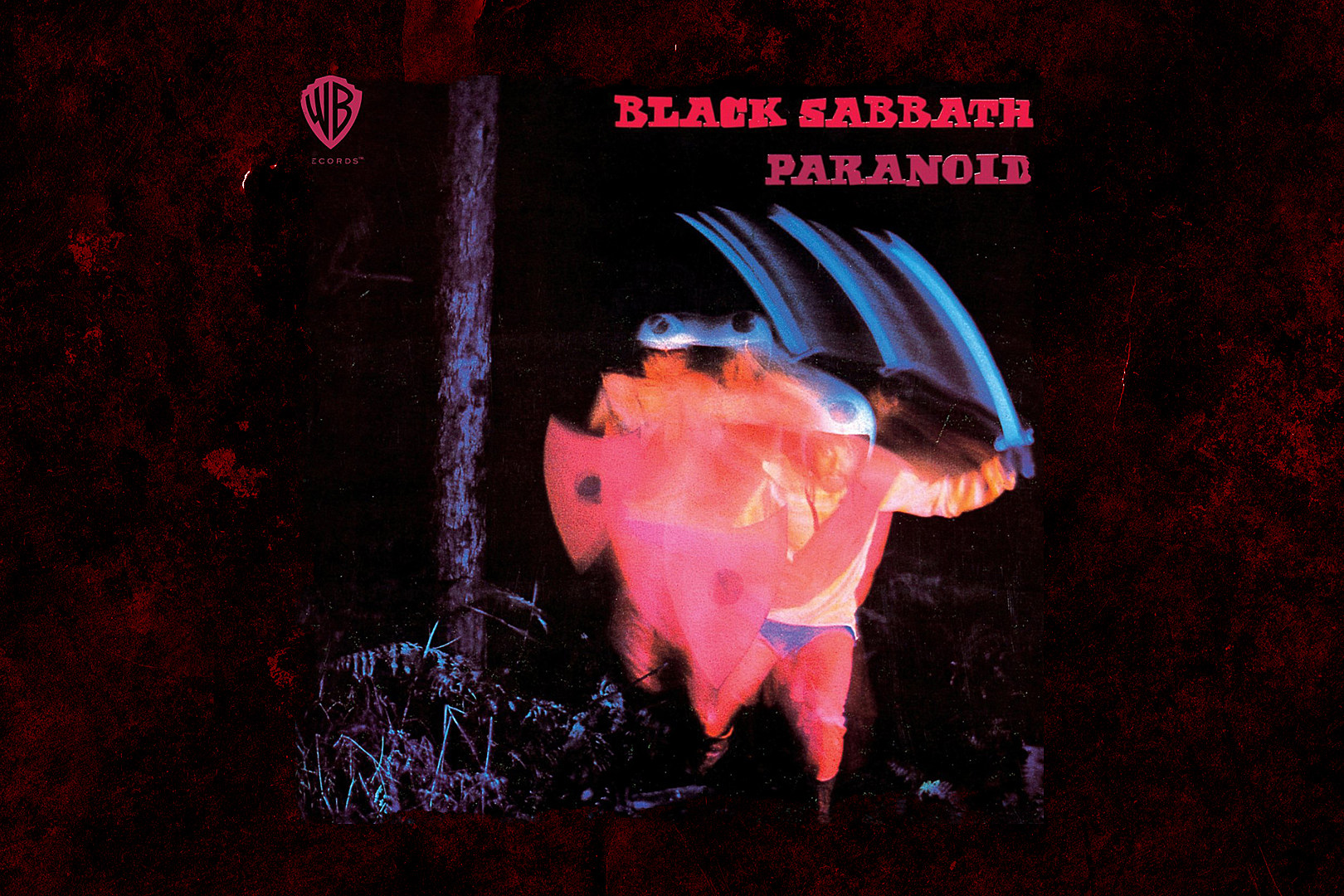

Perhaps the most famous moment of Paranoid can be traced back to Tony Iommi’s workplace catastrophe. These Dickensian realities shaped Sabbath’s sound in ways that would make them notably different than the hundreds of other bands melding blues and psychedelia in 1970. And then you did that same shit job for the rest of your life. “You got what little education you could, you found an apprenticeship, they gave you a shit job, and then you took pride in it even though it was a shit job. “In those days, the working person’s mentality went like this,” shared Osbourne in his 2010 memoir I Am Ozzy. Drummer Bill Ward learned his craft at a young age because the guy who set up a kit at his parents’ house parties was often too drunk to break it down at the end of the night. Butler grew up in a strict Catholic household and “didn’t realise that people had hot water” in other neighbourhoods. Guitarist Tony Iommi also dropped out at 15, only to cut off the tips of two fingers on his last day of a welding job, forever altering the way he played. Vocalist Ozzy Osbourne grew up with undiagnosed dyslexia and ADHD in a row house with no toilet, wandering through the ruins of bombed-out homes, dropping out of school at 15. Geezer Butler, Sabbath’s bassist and main lyricist, may have had the most fully formed political opinions of the group, but they all understood what it meant to struggle, growing up in postwar Birmingham, a city haunted by the aftermath of 77 Nazi air strikes that killed more than 2,000 people. And we can marvel at how effective it could be at helping listeners do the same.

(“Black Sabbath win struggle against black magic tag,” went the headline to a 1970 NME feature.) We can trace the origins of its eight songs not to some altar in the middle of the woods, but to the streets of Birmingham in the 1950s and 60s and see how the band’s signature sound was, in part, the unintended result of its need to circumnavigate physical and psychological pain. I just knew that it made me feel better.Īs we reach the 50th anniversary of Paranoid’s release this Friday, we have the benefit of looking at the album without the contextual noise of its original, occult-focused media narrative. I didn’t know that I was listening to the band that introduced this specific form of hard rock alchemy to the mainstream. I found it all over Paranoid, an album that stuck up for the downtrodden while spinning ominous hooks into delirious, rampaging jams. It seemed like all I had was my Walkman, which I would blast at top volume, searching for understanding. I’ve never felt more alone than when I was walking those halls, my white dress shirt littered with streaks of black and red ink.


 0 kommentar(er)
0 kommentar(er)
